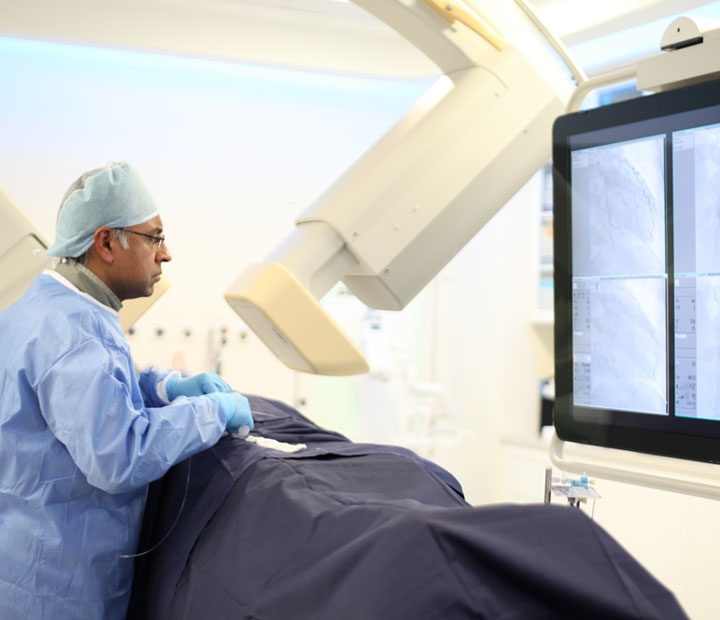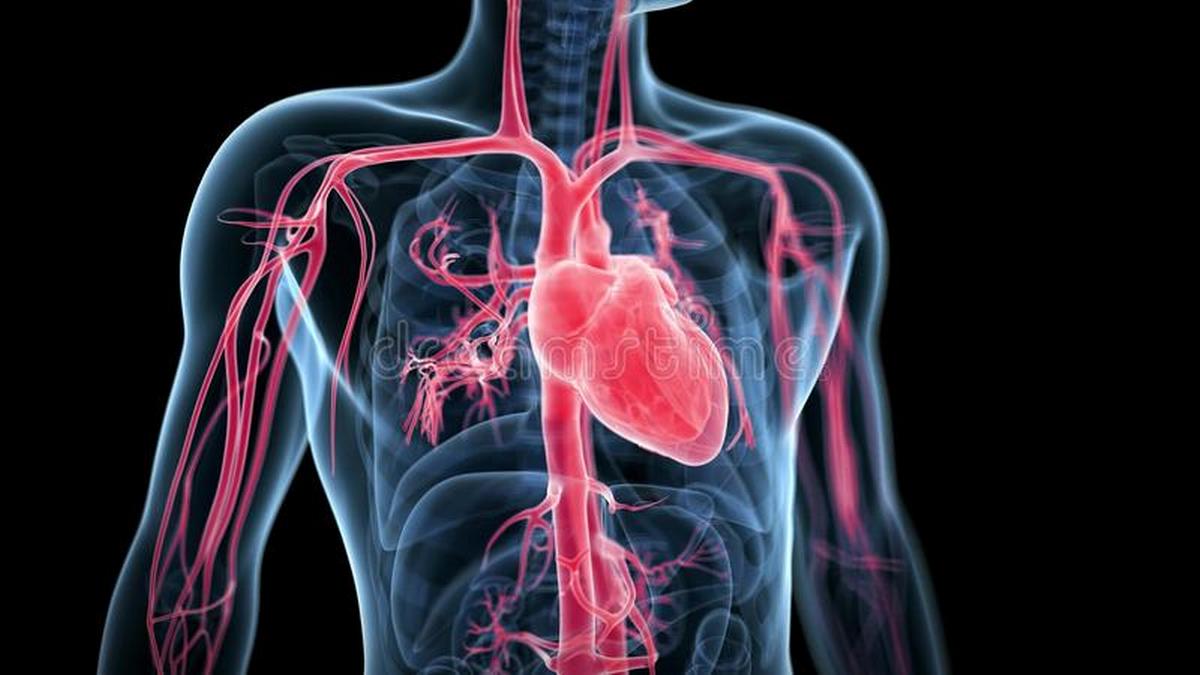TRANSCATHETER AORTIC VALVE IMPLANTATION (TAVI)

A small proportion of patients with severe aortic stenosis who are not suitable for conventional surgery or in whom the risk of surgery is considered to be too high, may benefit from a minimally-invasive, percutaneous procedure known as Transcatheter Aortic Valve Implantation (TAVI). This procedure involves the insertion of a pre-mounted tissue valve attached to a balloon catheter through a small incision of 4-6cm in the groin or chest. The doctor uses echocardiographic and fluoroscopic guidance for visualisation during the valve delivery. Once at the diseased site, the new valve is placed across the stenotic valve by balloon expansion. This method reduces the trauma to patients as the heart does not need be opened up, unlike the conventional surgical approach, and could result in a faster recovery and shorter hospital stay. However, this technique is relatively new and there is currently little long term outcome data available.

Frequently Asked Questions
While information online about Transcatheter Aortic Valve Implantation (TAVI) may be useful and informative, it is best to always consult a medical professional for accurate diagnosis and appropriate treatment. Here are some frequently asked questions:
What is Transcatheter Aortic Valve Implantation (TAVI)?
Transcatheter Aortic Valve Implantation (TAVI) is a minimally invasive procedure designed to replace a narrowed aortic valve that fails to open properly (aortic stenosis). Instead of open-heart surgery, TAVI uses a catheter to insert a new valve via a small incision in the groin or chest, offering a shorter recovery time and reduced surgical risks.
Who is an ideal candidate for TAVI?
TAVI is typically recommended for patients with severe aortic stenosis who are considered high-risk for conventional open-heart surgery due to factors like advanced age, previous heart surgeries, or comorbid conditions such as kidney or lung disease. A multidisciplinary heart team evaluates each case to determine the suitability of TAVI.
What are the benefits of choosing TAVI over traditional surgery?
TAVI offers several advantages, including a less invasive approach, reduced hospital stays, and quicker recovery times. Patients often experience significant improvements in symptoms like breathlessness and fatigue, leading to enhanced quality of life. Additionally, TAVI poses fewer risks for certain high-risk patient groups.
What risks are associated with the TAVI procedure?
While TAVI is generally safe, potential risks include bleeding, vascular complications, stroke, or the need for a permanent pacemaker due to heart rhythm disturbances. However, technological advancements and procedural techniques continue to mitigate these risks, making TAVI a viable option for many patients.
How long is the recovery period after undergoing TAVI?
Recovery after TAVI is typically swift, with most patients discharged within a few days. Many individuals resume normal activities within weeks, experiencing relief from symptoms and improved energy levels. The minimally invasive nature of TAVI contributes to its expedited recovery timeline compared to traditional surgery.

